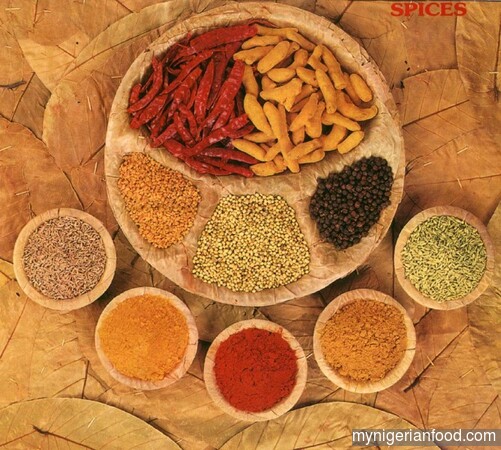We all can testify to how a single spice changes the entire taste or smell of a meal. Spices are a very important part of cooking. They add flavour, aroma and even colour to a meal. You all know the spices that never leave your spice shelves and those that you can swear by, but do you really know how to handle and store these spices to get the best out of them?
Here are some small tips to help you with storing of your spices.
Keep away from heat
At the very least, they need to be kept cool and dry ….. never near a smoke house or kitchen range or other source of high heat; never in a wash-down area or by the dishwasher or other place where the containers are apt to get wet or humidity gets high. In large-scale storage, the containers should always by palletized and kept away from outside walls.
Keep it cool and dry
Cool means no higher that 68 F (20 C) and dry is no higher than 60% relative humidity.
Cold storage is recommended
If possible, cold storage (32 F to 45 F) is highly recommended, particularly for the capsicums (paprika, red pepper, etc.) and spices where volatile oil and/or characteristic odours are important quality attributes (i.e. allspice, cloves, dill, parsley flakes, etc.). At 70 to 80 F, paprika will lose about 1% of its colour every 10 days. At higher temperatures, losses are even more rapid. In cold storage, however, paprika’s colour loss is reduced to ½% every 10 days and therefore, it can be held satisfactorily for up to 6 months. Cold storage also protects against infestation and rancidity in the fixed oils (of such items as sesame and poppy seeds).
Keep away from light
Light sensitive items such as paprika, parsley flakes, chives and other green herbs need to be protected against direct exposure to sunlight and fluorescent lights.
Also note the following:
~ Herbs in leaf form will keep longer than herbs in ground form.
~ Ground spices and herbs will keep their flavour for up to a year after purchase (whether opened or unopened), as long as they were fresh when purchased and kept in tightly closed containers in a cool place. If kept at room temperature, in a pantry for example, herbs and spices will keep for only 6 months. Never store herbs and spices next to or above the stove (this will shorten their life).
~ Never store your spices near a heat or humidity source, such as on top of the stove, dishwasher, refrigerator, or microwave, or near the sink or a heating vent. You also want to avoid light sources, and the best way to do this is to put the spices inside a cupboard or a drawer. If an open spice rack is being used, be sure to place it out of direct sunlight.
~ Spices such as turmeric, curry powders, ground cloves and paprikas should be kept in glass or tin: they will "melt" plastic over time.
~ While it is all right to store some spices in the refrigerator, extreme temperatures (in either direction) are not advisable. Vanilla beans and extract, however, should NEVER be refrigerated.
~ Refrigerate red-coloured spices, such as chilli powder, cayenne pepper and paprika to prevent loss of colour and flavour. This is especially recommended in hot climates to guard against infestation.
~ To tell if a herb or a spice has lost its flavour, smell it - if it has no aroma, it should be discarded. It's a good idea to date your spices and renew them at least ever 12 months.
Resources:
http://www.fareshare.net/spice-storing.html
http://www.canadianspiceassociation.com/csa_library_def_storage.asp

